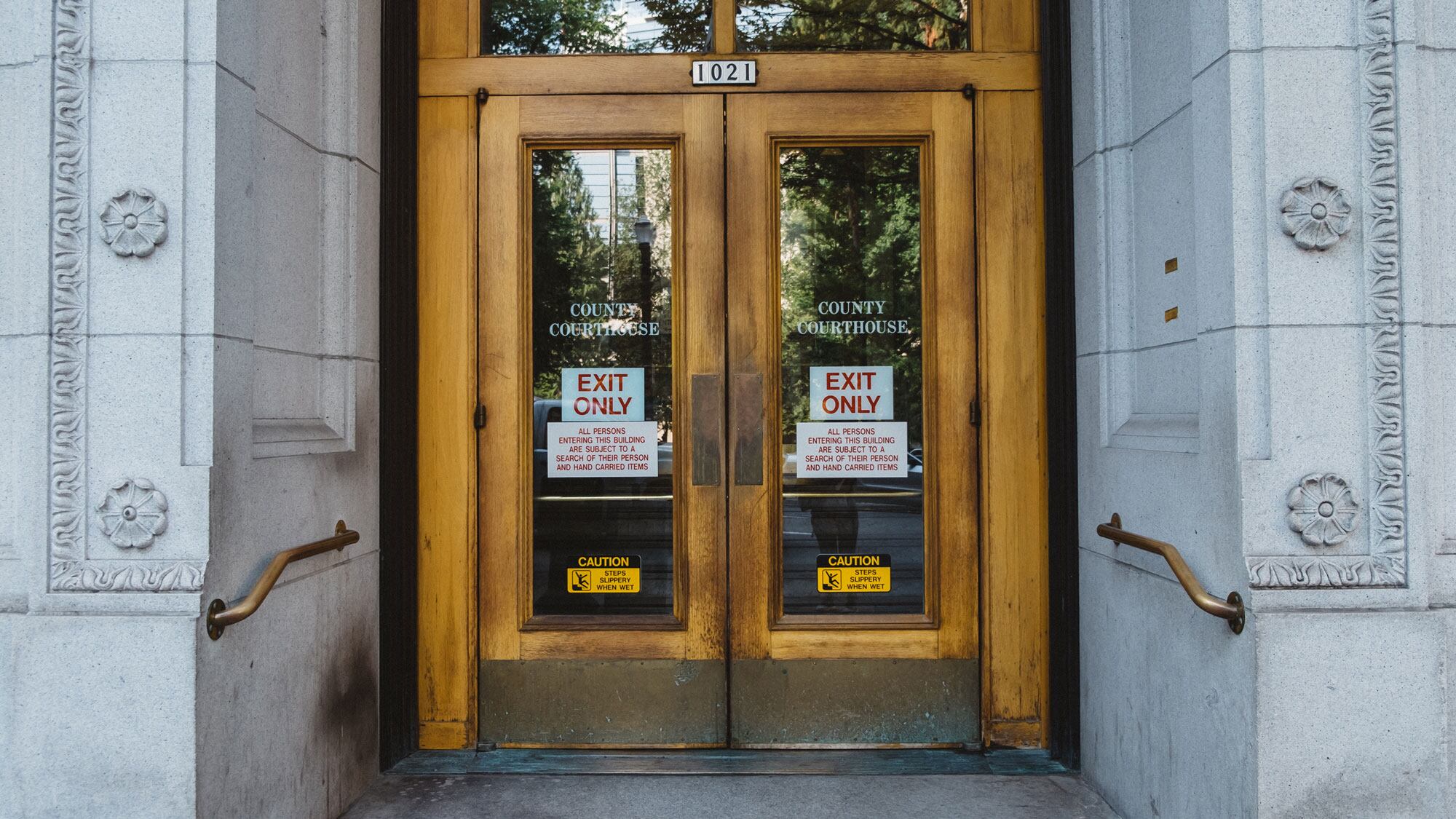In the 26 years since Oregonians passed Measure 11, lawmakers have chipped away at it, bit by bit.
The Oregon Legislature passed bills in 1997 and 2001 that reduced the number of crimes that qualified for Measure 11 sentencing. Those tweaks had little practical effect, however. What did change the law significantly: a 2009 Oregon Supreme Court decision that found a Measure 11 sentence for a person convicted of her first crime was "cruel and unusual" punishment.
Lately, lawmakers have gotten more traction. In 2019, the Legislature passed Senate Bill 1008, which softened Measure 11 penalties for juveniles in response to national trends and advances in neuroscience. All youth now start their cases in the juvenile court system. They also get "second look" hearings halfway through their sentences to see if they could possibly be released. The law also prohibits life without parole for children under 18.
Oregon Sen. Floyd Prozanski (D-Eugene) has been the chairman of the Senate Judiciary Committee since 2009. He is now drafting a bill that would further gut Measure 11. The bill would create a "presumptive sentencing" structure in which the mandatory minimum would be only a suggested sentence and the judge would be given back discretion. It would only apply to crimes committed on or after the date of the bill's passage.
"This is the next step in criminal justice reform," Prozanski says. "One size should not fit all."
Wholesale repeal of Measure 11 does not seem in the cards to Prozanski, despite passage of the drug decriminalization Measure 110 last week. Measure 11 offenses are serious "person crimes," such as rape, murder and robbery—and he has seen polling more than once that suggests a repeal of Measure 11 would be hammered at the ballot box.
"The blood and guts in the first five minutes of the 11 o'clock news," he says, "are all it would take to shut it down."
Retired Multnomah County Chief Criminal Judge Edward Jones says his advocacy for Measure 110 this year has made him think the political will to get rid of Measure 11 might exist.
"It's not hard to see that out on the horizon," he says. "There is a current mood that we've gone too far and been too tough and not gotten the results. Whether that gets you all the way to armed robbery is another question."
Lewis & Clark College law professor Aliza Kaplan says the holdup for repealing Measure 11 is, in a word, "money." Ballot measure campaigns require a lot of it, as well as public support, to have a chance. A more realistic path, Kaplan says, is to dismantle Measure 11 through the Legislature, as painstaking as that process is.
"We've ruined enough lives," she says. "It's great that there has been a lot of reexamination and some movement for change, but it's not enough and it's not fast enough."
Read this week's cover story: Oregonians sent a frightened 17-year-old boy to prison. My family helped.
